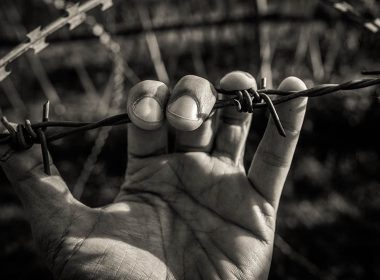Although the death toll in Philippine President Rodrigo Duterte’s “war on drugs” has risen to above 3,600 since 1 July, a possible trial of President Duterte before the International Criminal Court is unlikely, and would be years away. However, a criminal investigation could provide an impetus to document crimes and the resulting political debate might prompt some restraint from the Government.
Philippine President Rodrigo Duterte announced a crackdown on drugs when he entered office in June. Figures that were reportedly released by the Philippines National Police (PNP) on 4 September showed that 1,011 alleged drug users and dealers had been killed in police operations, with another 1,391 apparent vigilante killings “under investigation”. Media, lawyers and the Philippines’ Commission for Human Rights have raised the possibility of an International Criminal Court (ICC) investigation. Although possible, an ICC trial is an unlikely outcome.
The ICC is an international court located in The Hague, established by an international treaty, the Rome Statute. The ICC may exercise jurisdiction over war crimes, crimes against humanity and genocide. The Philippines ratified the Rome Statute in August 2011.
Situations come before the ICC in three ways. First, a party to the Rome Statute may refer a situation to the ICC Prosecutor. It is doubtful that the Philippines would refer this situation, at least while Duterte remains in power. It is possible that another state party could refer the situation to the ICC, but this has not happened in the 14 years of the ICC’s operation. Second, the United Nations Security Council could refer the situation to the ICC. However, the Philippines is not on the Council’s agenda and it is doubtful that the situation would amount to a threat to international peace and security (although internal human rights violations have attracted the Council’s attention in other contexts).
Third, the ICC Prosecutor, Fatou Bensouda of Gambia, could initiate an investigation on her own initiative. Article 15 of the Rome Statute allows States, international organisations and civil society actors to send information (known as communications) to the Prosecutor concerning the commission of crimes within the court’s jurisdiction. Some local and international actors are attempting to collate evidence to form the basis of a communication to the Prosecutor. The Prosecutor may also gather information independently.




